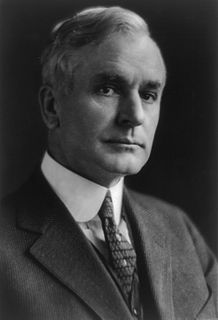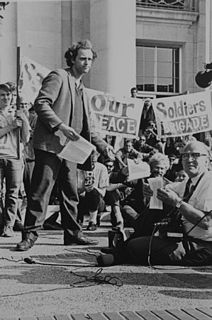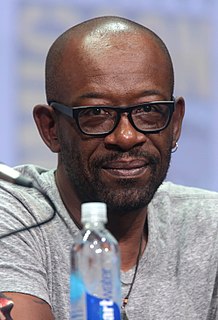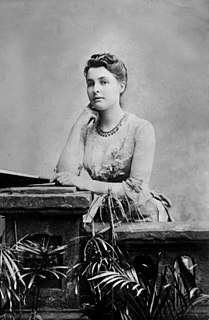A Quote by Aristotle
If you string together a set of speeches expressive of character, and well finished in point and diction and thought, you will not produce the essential tragic effect nearly so well as with a play which, however deficient in these respects, yet has a plot and artistically constructed incidents.
Related Quotes
It has been our experience that if a young man decides to go on a mission, he can not only play well when he returns, he will often play better. If an athlete could play well before he went on a mission, he will definitely play well when he returns; and, if an athlete could not play well before his mission, he probably won't play well when he returns. However, his chances of playing well are perhaps better if he goes because he will return with . . . better work habits, and a better knowledge of what it takes to be successful.
I have loved my work, I have loved people and my play, but always I have been uplifted by the thought that what I have done well will live long and justify my life, that what I have done ill or never finished can now be handed on to others for endless days to be finished, perhaps better than I could have done.
Chris Claremont once said of Alan Moore, "if he could plot, we'd all have to get together and kill him." Which utterly misses the most compelling part of Alan's writing, the way he develops and expresses ideas and character. Plot does not define story. Plot is the framework within which ideas are explored and personalities and relationships are unfolded.
The university is well structured, well tooled, to turn out people with all the sharp edges worn off, the well-rounded person. The university is well equipped to produce that sort of person, and this means that the best among the people who enter must for four years wander aimlessly much of the time questioning why they are on campus at all, doubting whether there is any point in what they are doing, and looking toward a very bleak existence afterward in a game in which all of the rules have been made up, which one cannot really amend.
Propriety of thought and propriety of diction are commonly found together. Obscurity and affectation are the two greatest faults of style. Obscurity of expression generally springs from confusion of ideas; and the same wish to dazzle, at any cost, which produces affectation in the manner of a writer, is likely to produce sophistry in his reasonings.
we have not been impressed with any attribute of the Senate other than its appearance and manners. We have heard the best speakers: they all fire off speeches which deal with the entire subject in general terms and which do not attempt to debate, to answer opponents' arguments or offer new points for discussion. And the speeches are constantly degenerating into empty rhetoric; they abound in quotations from well-known authors or from their own former speeches.
The writer must always leave room for the characters to grow and change. If you move your characters from plot point to plot point, like painting by the numbers, they often remain stick figures. They will never take on a life of their own. The most exciting thing is when you find a character doing something surprising or unplanned. Like a character saying to me: ‘Hey, Richard, you may think I work for you, but I don’t. I’m my own person.’










































